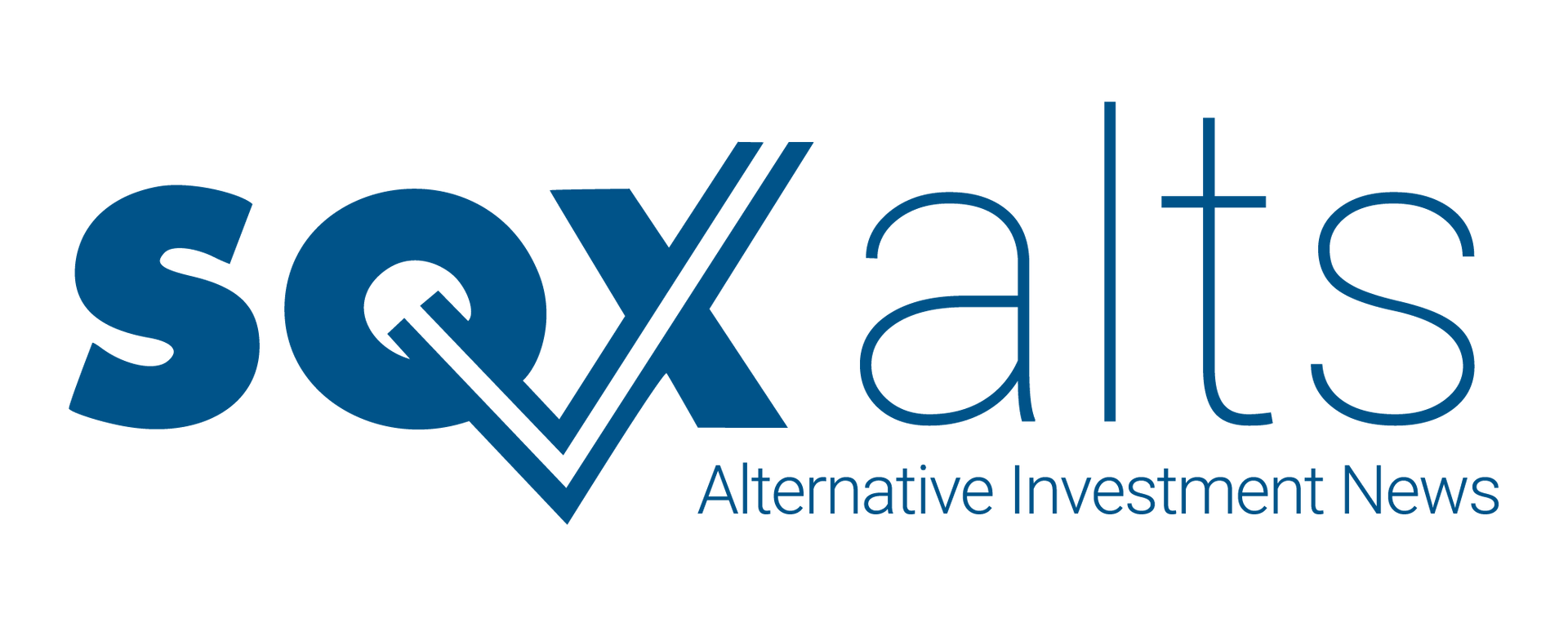Lodging Fund REIT III Reports Q1 Loss
Despite no new acquisitions, the REIT finalized two hotel sales post-quarter, while pursuing exit strategies.
June 03, 2025

First Quarter Results and Operational Highlights
Lodging Fund REIT III closed out the first quarter of 2025 with a net loss of $6.8 million, as higher interest expenses and slower revenue weighed on performance. The REIT continues to navigate tight liquidity while repositioning its hotel portfolio and pursuing strategic options, including a potential exit.
Revenue for the quarter came in at $15.4 million, a slight dip from $16.0 million in Q1 2024. Room revenue accounted for most of the shortfall, landing at $14.2 million compared to $14.9 million a year earlier. While core property operations held steady, broader market conditions put pressure on rates and occupancy.
Operating costs remained high. Property expenses totaled $8.3 million, and G&A costs reached $2.6 million. Interest expense rose to $4.9 million, up from $3.9 million the year prior, driven by refinancings and elevated rates across the company’s debt stack. These costs—combined with $2.5 million in depreciation and amortization—contributed to the quarterly loss.
Still, hotel-level performance showed signs of stability. The portfolio generated $4.2 million in house profit, the REIT’s internal metric for net property income before corporate overhead and financing costs.
Debt and Liquidity in Focus
By March 31, Lodging Fund REIT III had $274.6 million in total assets and $240.7 million in liabilities, including $174.9 million in debt. The REIT holds a mix of fixed and floating rate loans, with several maturing within the next year. Interest rates across the portfolio ranged from 4% to over 17%, with many loans tied to LIBOR or SOFR-based spreads. Refinancing and extension efforts are ongoing across multiple properties.
Cash and cash equivalents totaled $2.3 million, with an additional $7.2 million in restricted cash. Combined liquidity remains tight relative to near-term debt obligations and capital needs. As of quarter-end, seven mortgages and two credit lines were scheduled to mature by the end of 2025.
Post-Quarter Asset Sales
No acquisitions closed in the first quarter, but two hotel sales were finalized just after the reporting period. On May 14, the REIT sold the Hilton Garden Inn properties in Pineville and Charlotte for a combined $22.8 million. Both hotels had been held for sale at quarter-end and were used to retire related mortgage debt.
The sales reduce the REIT’s leverage and free up capital, while also aligning with its broader strategic plan to streamline the portfolio. Both properties were removed from depreciation schedules in Q4 2024, and the REIT recorded no additional impairments in Q1.
Capital Raising Efforts
To support operations and pay down debt, Lodging Fund REIT III continues to raise capital through a set of private offerings. The common stock offering had generated $100.8 million in gross proceeds by quarter-end. Investors also have access to preferred and limited partnership unit offerings with distinct structures:
- Series GO II LP Units: Priced at a 25% discount to share NAV, raised $4.5 million through 601,874 units.
- Series P Preferred Units: Offer a 7.5% cumulative return and mandatory redemption rights; raised $350,000.
- Series A Preferred Units: Issued in exchange for $4.1 million in debt, now held as permanent equity.
No Distributions Declared in Q1
The company did not declare or pay any distributions to common shareholders in the first quarter. That pause began in September 2024 and remains in effect as the REIT focuses on cash preservation and debt reduction. By contrast, over $1 million in distributions were declared during Q1 2024.
The dividend reinvestment plan (DRIP) remains active, but its use is limited by available cash and board approval. As of March 31, $370,000 was available for redemptions under the share repurchase plan. No shares were repurchased during the quarter.
Advisor and Affiliate Relationships
Lodging Fund REIT III does not employ its own staff. Instead, it contracts with its advisor, Legendary Capital REIT III, LLC, and related affiliates for advisory, administrative, and asset management functions. The advisor is owned by two members of the REIT’s board, and multiple service agreements and loan guarantees are in place with entities they control.
Fees to the advisor totaled $593,000 for the quarter, and reimbursements reached $1.3 million. Guarantee fees related to insider-backed loans also continue to accrue. These arrangements are disclosed and governed by formal agreements but remain an ongoing feature of the REIT’s capital structure.
During the quarter, the REIT transitioned property management for all NHS-managed hotels to a third-party provider. The move ends a prior management agreement with National Hospitality Services, an affiliate of the advisor. As of March 31, management across all properties was handled by independent operators.
Strategic Outlook
In May 2024, the REIT’s board approved a plan to explore strategic options, including a sale or merger. The goal is to position the company for a potential liquidity event in 2025, subject to market conditions. That process is now underway.
Key steps include:
- Refinancing high-cost debt
- Disposing of non-core assets
- Simplifying the REIT’s capital structure
While the board hasn’t committed to a specific path, it has signaled that creating shareholder liquidity is a priority. The outcome will depend on execution and timing. Elevated rates, tighter capital markets, and shifting investor sentiment could all play a role in what’s achievable.
Looking Ahead
The first quarter underscored both the REIT’s challenges and its pivot. Hotel operations remained consistent. Liquidity remained tight. Debt maturities, capital needs, and strategic planning defined the quarter—and will shape the rest of the year.
As Lodging Fund REIT III moves forward, its focus is on flexibility: reducing liabilities, stabilizing cash flow, and preparing for a broader transaction. Whether that comes in the form of a sale, recapitalization, or public listing remains to be seen. But the actions underway suggest a clear direction—toward a more focused, liquid, and potentially market-ready platform.





